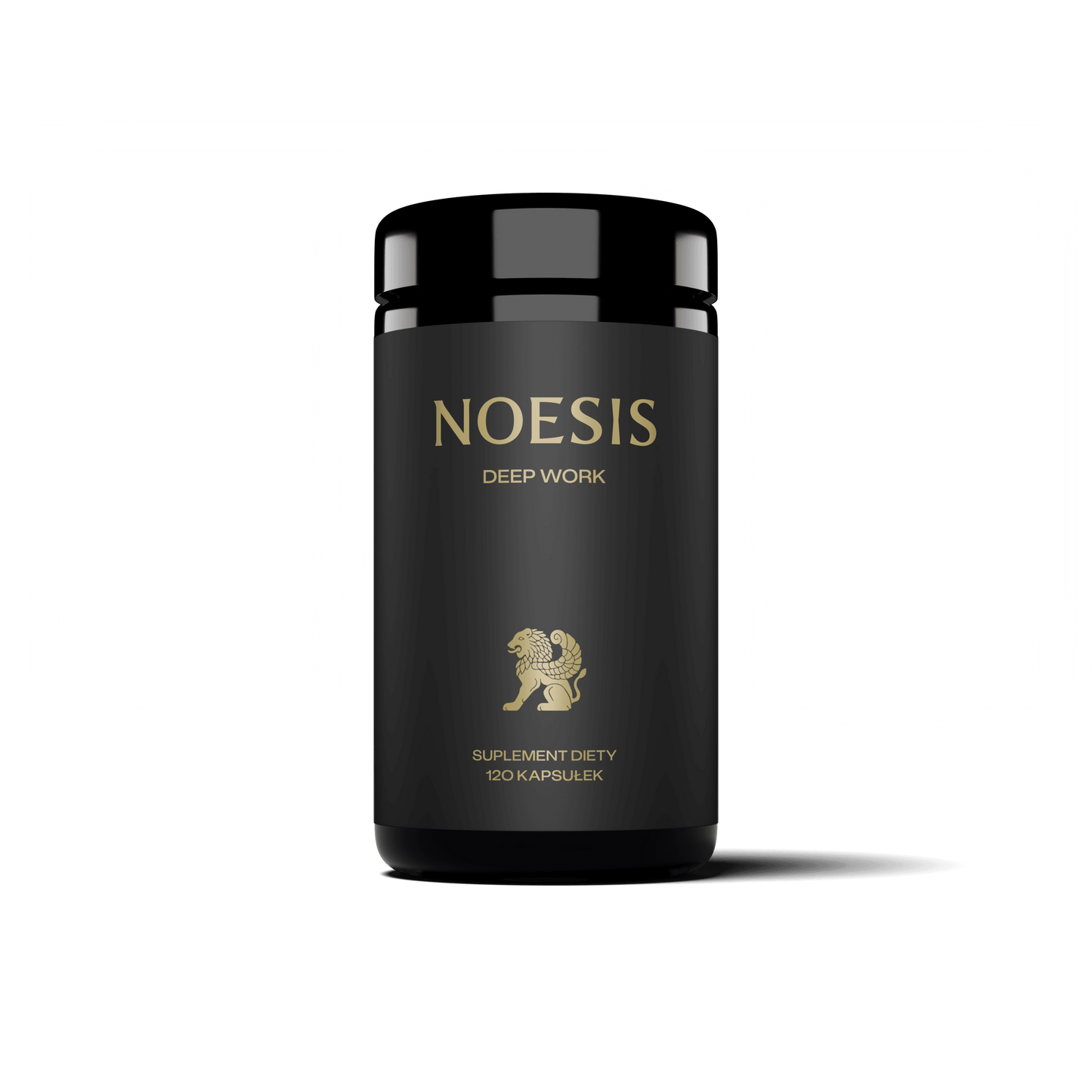
In the morning you go like a storm. The to-do list disappears before your eyes, the coffee is working, your head is full of ideas. And then comes noon and everything comes to a halt. Concentration, pace, commitment drop. Sound familiar? This is the moment when it is worth understanding how to stay productive , and not just with another cup of coffee.
Productivity is energy management
Contrary to appearances, productivity is not about doing more. It is about getting better results from the same resources, i.e. optimizing, not overloading the system. In economics, productivity is defined as the ratio of the total amount of production to the total amount of resources that have been used. The same thing works at the individual level. The question is not "am I doing a lot?", but "am I doing the right things properly?"
Understanding the Quantity of Each Type of Resource
Each of us operates on different resources during the day: cognitive, physical, emotional. The key to maintaining the pace is not their maximum use, but conscious management. An afternoon slump in form is often the result of the fact that the amounts of individual types of resources were used unevenly, e.g. all cognitive energy went to the morning project, and physical energy to the morning workout. As a result, you were left with nothing for the second half of the day. To maintain efficiency, it is necessary to properly distribute the system's resources.

Partial productivity vs total productivity
In both economics and everyday practice, we talk about two types of efficiency: partial productivity is the ratio of the total amount produced (e.g. output) to the amount of each type of resource (e.g. time) that was used , and total productivity refers to the efficiency relative to all resources used. Therefore, if you want to increase your efficiency in the afternoon, you need to look at the bigger picture. Not just at how much you do, but what resources were used to achieve it.
Change of environment = change of energy
Our brain is very dependent on space . If you sit at the same desk all day, look at the same screen and hear the same sounds, your attention level will decrease. Even a small change, such as a short walk, a different location or switching from writing to talking can refresh your nervous system. Productivity is largely the result of a smart reset, not constant pressure.
Children, family, peers – or what distracts you
Afternoons are often more demanding because private life comes into play. We are no longer just employees, but also parents, partners, and caregivers. Children come home from school , family responsibilities need to be taken care of, and peer distractions appear. This affects the amount of resources used, not only time, but also emotional resources, and a decrease in concentration levels. If you don't plan ahead, your productivity will go through the roof.

The ratio of the total amount of production (output) to the resources used
Afternoon productivity is not a matter of willpower, but of managing system resources . If you use up all your input resources in the morning, e.g. your focus, your ability to think logically, then it's no wonder that in the afternoon you're like a flat phone. Pure economics is at work here: the ratio of the amount of input resources produced to the amount of input resources used gives you the result. The better you manage your resources over time, the longer you can operate effectively.
Productivity Vademecum – Three Things That Always Work
1) Breaks – not heroic, but strategic.
2) Change the form of action – if you have been sitting since morning, move. Change as much as you can, then your level of productivity will be restarted.
3) Dosing effort – don’t schedule the most difficult tasks for the worst hours.
It's not magic, just conscious productivity .
Be moderate!
In the end, you have to accept that you will not always operate at 100%. Life is not a computer game where you can renew resources in a moment or obtain materials that you have already used . People are not machines. Productivity is not being perfect, but effective. If you approach the concept of productivity consciously and are able to consciously manage resources, you will act smarter and consequently longer.







